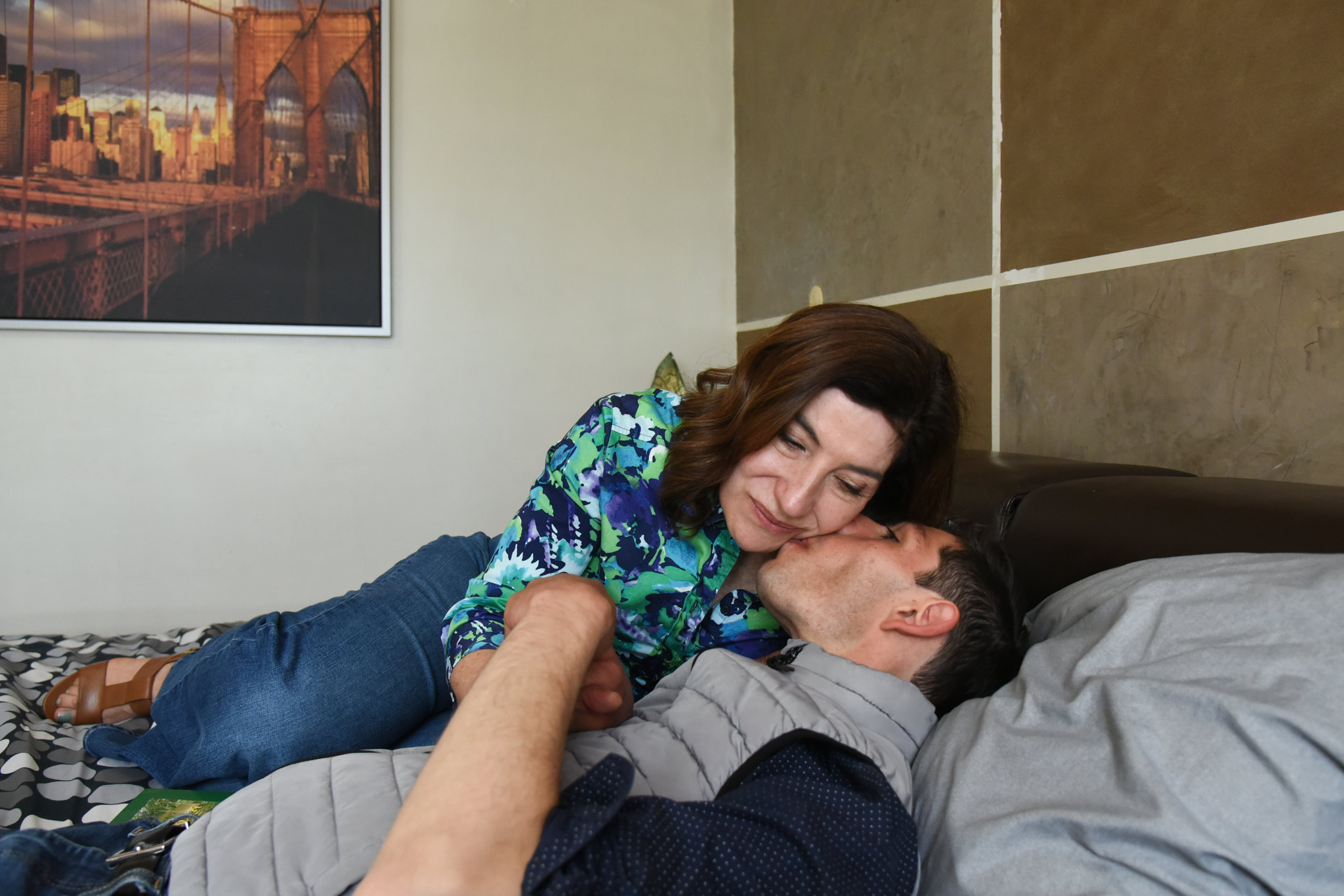Lilette A. Contreras, GPJ Mexico Esperanza Valdéz spends time with her son, Rubén Iram Bustamante, at their home in Cuauhtémoc. CUAUHTÉMOC, MEXICO — “I felt I had failed, that I had failed my husband, my entire family,” says Esperanza Valdéz, remembering the moment when she received the news that her son, Rubén Iram Bustamante, had been born with microcephaly.
It was Nov. 9, 1994. Her life has never been the same since.

Last year, Valdéz commemorated the 20th anniversary of the Instituto de Entrenamiento para Niños con Lesión Cerebral y Trastornos del Aprendizaje (ENLAC), an institute she co-founded to support the development of children with brain injuries and learning disabilities. Before her son was born, she aspired to be a homemaker. Instead, she’s expanded the sense of what’s possible for hundreds of children like hers.
When she was pregnant, Valdéz, then 23, fainted frequently due to low blood pressure, but her doctor did not detect any problems with the fetus. She later learned this was the cause of her son’s condition. Microcephaly is a congenital condition in which the size of the baby’s head — and often the brain — is smaller than expected.
It can cause motor and vision problems, convulsions, developmental delays, intellectual disabilities and hearing loss. In Bustamante’s case, doctors said he only had months to live. Lilette A.
Contreras, GPJ Mexico Esperanza Valdéz reflects on paintings by students at ENLAC, an organizat.























